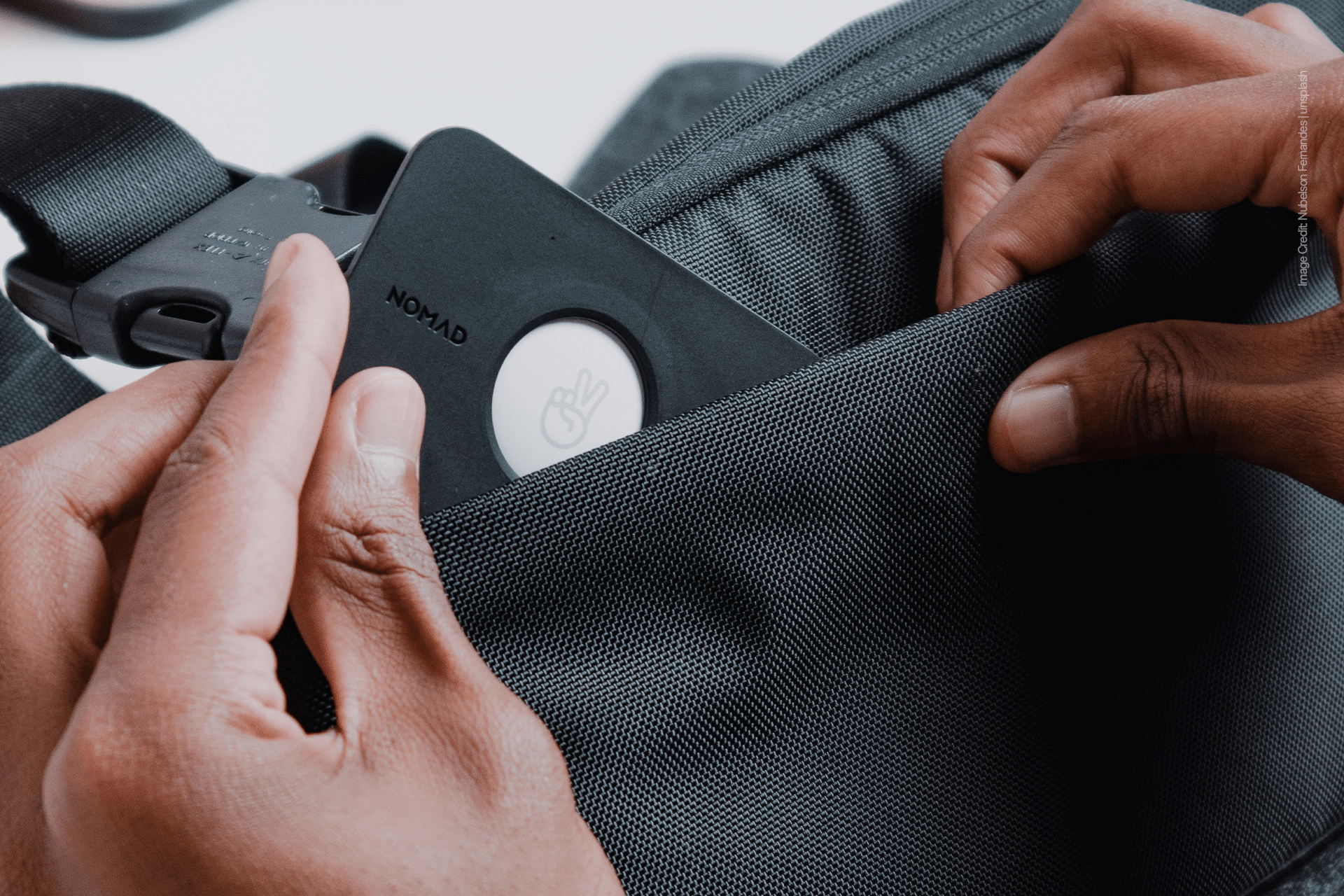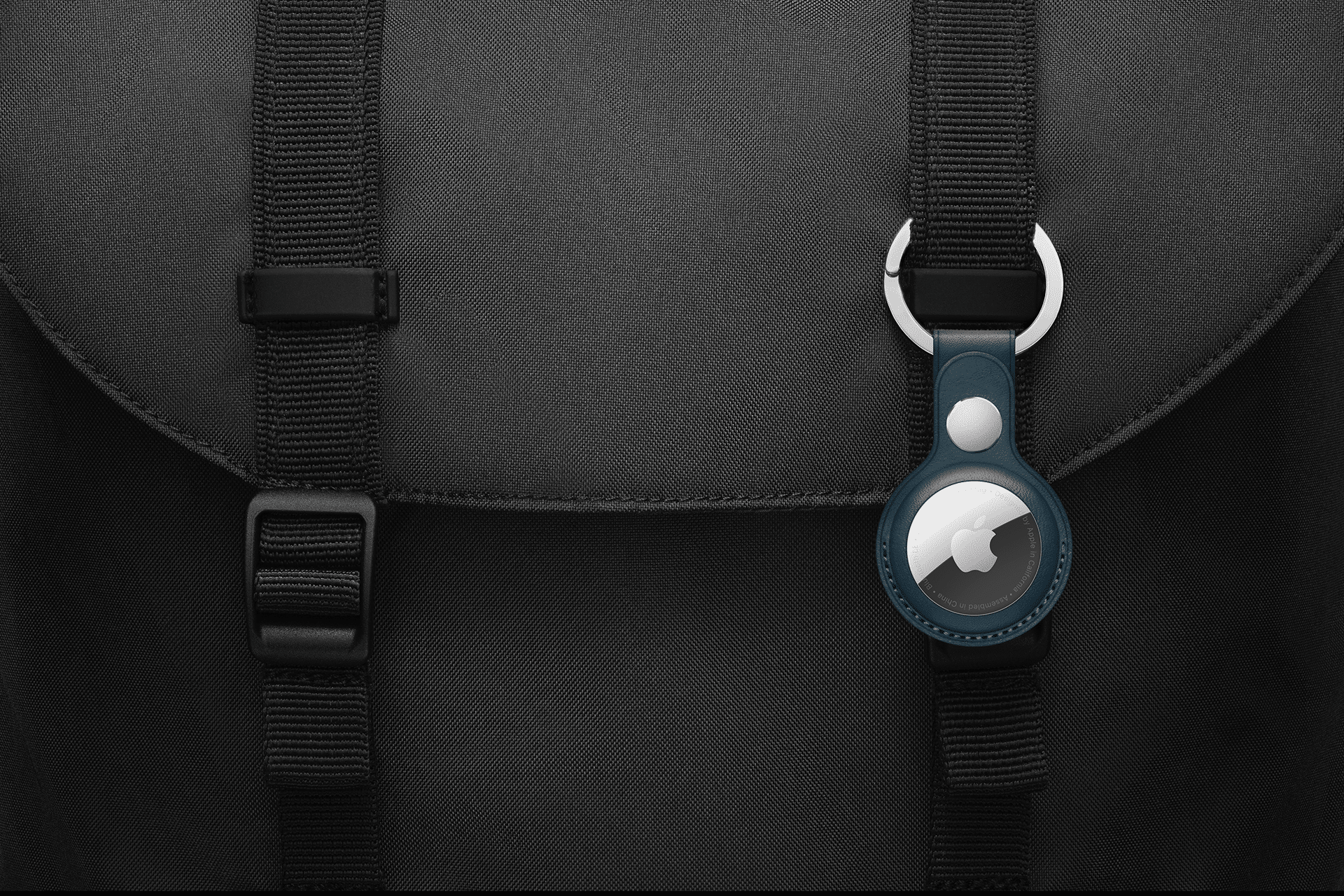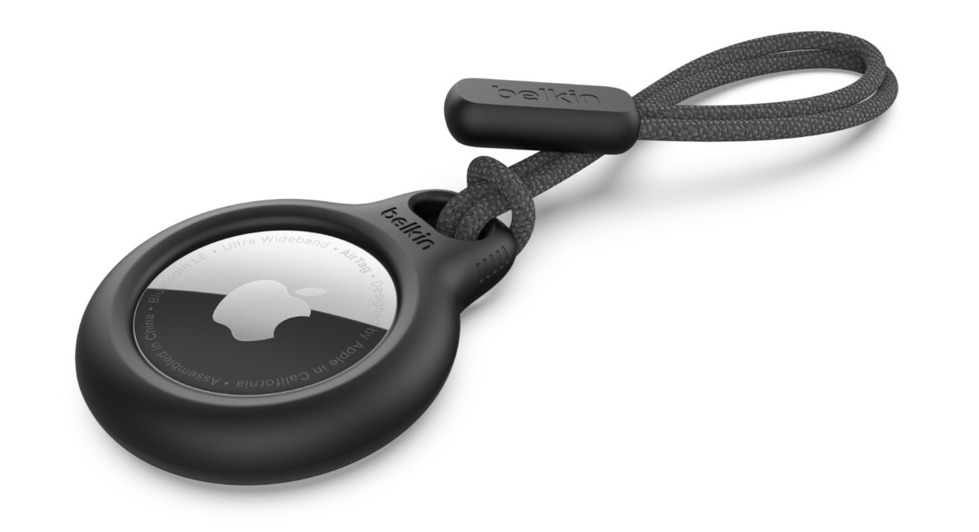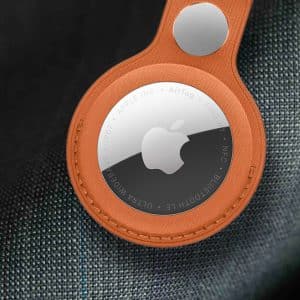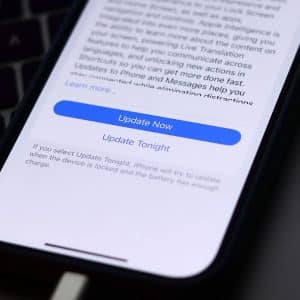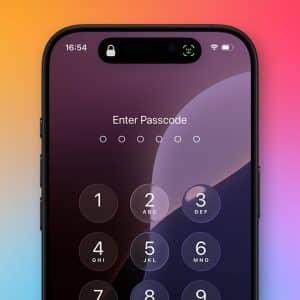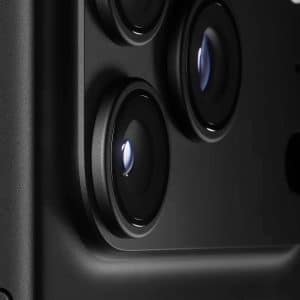The “Share Item Location” feature in the Find My app allows users to generate a temporary, secure link showing the real-time location of an AirTag or other Find My network accessory, such as those from Chipolo or Pebblebee. Available on iPhone, iPad, and Mac devices running iOS 18.2, iPadOS 18.2, or macOS Sequoia 15.2, the link can be shared with airline staff via QR codes at baggage claim areas or directly with crew members. The recipient—typically an airline employee—accesses a web-based map that updates with the item’s latest location. Apple ensures privacy by limiting access to a small number of authenticated staff, requiring an Apple ID or verified partner email. Location sharing stops automatically once the bag is recovered or after seven days, and users can disable it manually at any time.
This system leverages Apple’s Find My network, a global web of millions of Apple devices that anonymously relay AirTag signals to iCloud. For travelers, this means precise tracking, even when bags are far away, like at another airport or in a sorting facility. The feature’s integration with airline processes marks a practical evolution, allowing passengers to provide exact location data rather than relying solely on airline tracking systems, which can be less accurate.
A Growing List of Supporting Airlines
Since its debut, the feature has gained traction with major carriers. Delta, United, and Air Canada were among the first to adopt it, followed by Virgin Atlantic, Lufthansa, and others in early 2025. Recent additions include Saudia, Saudi Arabia’s flag carrier, and JetBlue, which joined in July 2025, bringing the total to over 30 airlines. Others, like American Airlines, China Airlines, and Air India, have also rolled out support, with American noting that less than 1% of checked bags are mishandled, and most are reunited with owners within a day. The expansion reflects airlines’ recognition of AirTags’ popularity among travelers, who increasingly use them to monitor luggage in real time.
Airlines benefit from the feature by streamlining their baggage recovery processes. For example, JetBlue allows passengers to share links via QR codes or through crew members at baggage service offices, helping staff locate bags within their facilities faster. Virgin Atlantic and Lufthansa provide step-by-step guides on their websites, showing travelers how to generate and share links. This collaboration between Apple and airlines highlights a shared goal: reducing the stress of lost luggage while enhancing customer service.
Why AirTags Are a Traveler’s Best Friend
AirTags have become a go-to for frequent flyers since their 2021 launch. These small, coin-sized trackers use Bluetooth and Ultra Wideband technology for precise location pinpointing, especially when paired with iPhones equipped with U1 or U2 chips. Travelers can slip an AirTag into a suitcase pocket—no key ring hole is built in, so accessories like Belkin’s Secure Holder, priced around $15, are popular for secure attachment. If a bag is nearby, the Find My app’s Precision Finding uses augmented reality to guide users with directional arrows and distance markers. For distant bags, the Find My network taps nearby Apple devices to update locations, offering peace of mind when luggage takes an unexpected detour.
The feature isn’t flawless. AirTags rely on nearby Apple devices for updates, so in remote areas with few iPhones, tracking may lag. Privacy safeguards, like alerts for unknown AirTags traveling with you, can also complicate tracking if a bag is with someone unaware of the device, as it may emit a sound after 8-24 hours. Still, for most travelers, the ability to know a bag’s location—whether it’s stuck in a terminal or loaded onto the wrong plane—is a game-changer.
The Bigger Picture for Travelers
The growing airline support for AirTag tracking reflects a broader trend: technology is reshaping travel logistics. With air travel rebounding—American Airlines alone carried over 226 million passengers in 2024—the stakes for efficient baggage handling are high. The Share Item Location feature empowers passengers, giving them an active role in recovery rather than waiting for airline updates. It also pressures carriers to improve their systems, as travelers armed with AirTags can pinpoint bags faster than traditional barcode-based tracking in some cases.
For those considering AirTags, a single unit costs $29, or a four-pack runs $99, making them an affordable investment for frequent travelers. The CR2032 battery lasts about a year, though some users hope the rumored AirTag 2, expected in September 2025, might introduce rechargeable options or extended range with a new Ultra Wideband chip. For now, the current AirTag, paired with this airline-supported feature, offers a practical solution to a perennial travel headache.
